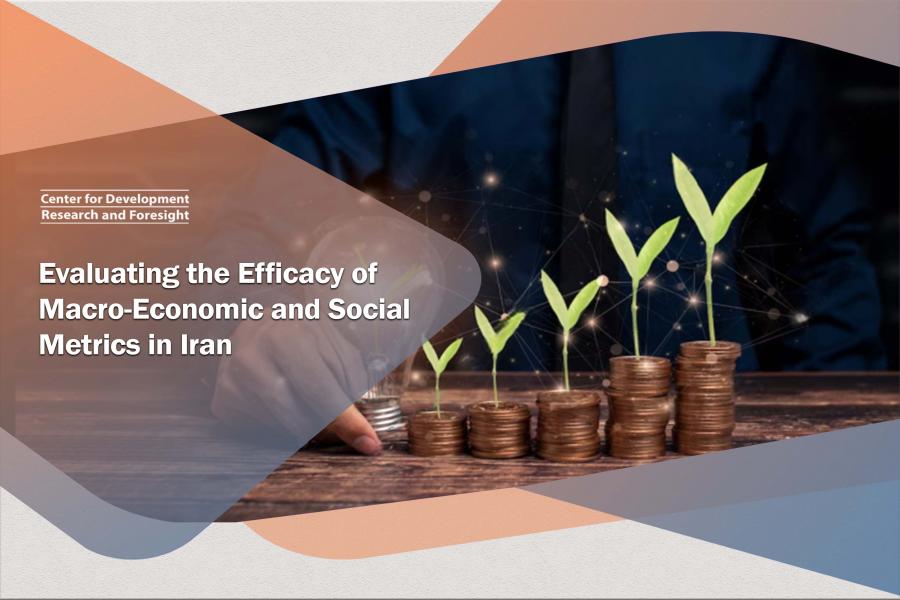
-
بررسی آییننامهها و دستورالعملهای برنامه هفتم پیشرفت
-
بررسی عوامل موثر بر افزایش تصادفات و تلفات جادهای و سوانح رانندگی و دادهکاوی تلفات انسانی
-
سازماندهی و بازآرایی فضایی آموزش عالی کشور
-
به روز رسانی سند ملی آمایش سرزمین
-
انجام مطالعات مناطق آزاد به عنوان نواحی پیشران اقتصادی کشور
-
اصلاح ساختار بودجه و پیاده سازی نظام یکپارچه مدیریت اطلاعات مالی دولت (IFMIS)

The purpose of this report is to identify the root cause of the flaws in the planning system in the country. The report takes a general look at development programs in the last 45 years, assay the structure of laws, and examines the goals and performance of the planning system.
The planning system is a set of mechanisms, organizations, formations, and methods that are designed to prepare, compile, approve, implement, monitor, and evaluate the country's development plans. The root cause of the flaws in the planning system has been extracted using the five-why technique. The results of the report show that:
- Out of the 57 damages (flaws) identified for the planning system, 28 cases have an internal origin, 17 cases have an external origin, and 12 cases have internal and external origins.
- Although damages (flaws) in the preparation and compilation stage have more internal origins, it is important to note that the damages (flaws) in the prerequisite stage often have an external origin or are related to common damages (flaws) inside and outside the organization.
- Besides, damages (flaws) identified in the approval and implementation phases mostly have external origins, and most damages (flaws) related to the preparation for implementation are also of external origin. However, damages (flaws) identified in the monitoring and evaluation stages often have internal origins within the organization.
The root causes of the planning system flaws include:
- Lack of common understanding of concepts among planners, policymakers, and executives.
- Governance of centralized and non-participatory methods in planning.
- Absence of a mechanism to resolve conflicts of interest between elites.
- constant consideration to the present situation without paying attention to the possible future scenarios.
- failure to prepare an operational plan and link it to the approved plan;
- Existence of biases in approving programs;
- Relying on government resources without paying attention to internal and external capacities and resources;
- Failure to pay attention to the planning system as a system of correction and adjustment in policies, goals, and executive plans after monitoring and evaluation;
Based on the results, it is suggested that the policymakers and planners consider the following for designing the desired planning system:
- The desired planning system should be formed based on the concepts of the government and nation.
- A mechanism should be established for the formation of integrated governance based on the concepts of popularization, transparency, and intelligence in the planning system.
- A mechanism should be designed to formulate development plans that prepare measurable and output-oriented operational plans based on the forecast of necessary resources.
- The processes of the planning system should be designed with an emphasis on problem-oriented and mission-oriented planning. Necessary mechanisms should be designed for collaborative and interactive planning to divide the work and play the appropriate role of the government, private sector, civil society, public, regions, and provinces.
- New rules and regulations should be established to change the direction from the absolute central rule in development programs to flexible, future-oriented, and dynamic programs. Indeed, a mechanism should be designed to resolve conflicts of interest.
- Institutionalization in the fields of monitoring and evaluation should be formed. The mechanism for reforming development plans after monitoring and evaluation should be embedded.



